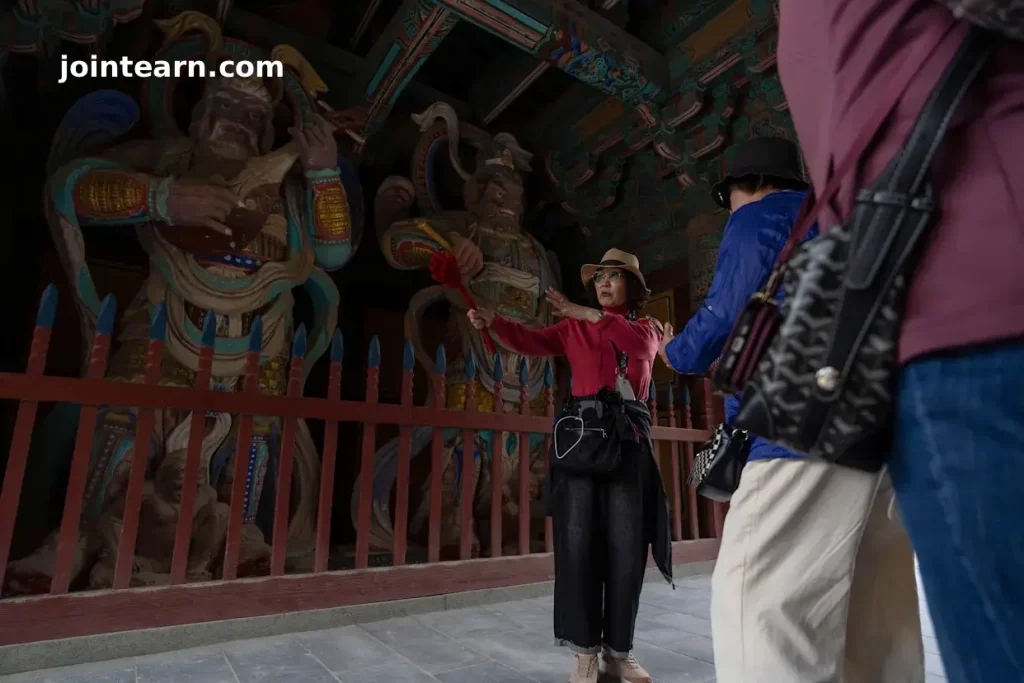
Xi Jinping Takes the Lead at APEC Summit Amid Trump’s Early Exit
In a defining moment for global diplomacy, Chinese President Xi Jinping emerged as the prominent voice at the 2025 Asia-Pacific Economic Cooperation (APEC) summit in Gyeongju, South Korea — a high-profile event overshadowed by U.S. President Donald Trump’s decision to leave the summit early.
Despite the summit’s importance, Trump departed South Korea after announcing a temporary pause in the U.S.-China trade war — a move that eased immediate market concerns but left many questioning the U.S. commitment to multilateral agreements and global cooperation.
Xi Reaffirms China’s Role in Global Free Trade
In contrast to Washington’s retreat, Xi defiantly positioned China as a defender of “global free trade” in Friday’s opening session.
“With the world undergoing rapid and unpredictable changes, the more turbulent the times, the more we must work together,” Xi said, emphasizing that China remains committed to a rules-based order and open international commerce. He criticized supply chain “decoupling” efforts — seen as direct commentary on U.S. economic policies — and called for increased cooperation on sustainable energy and green technology.
Ahead of his appearance, Xi also sent an impassioned message to the APEC CEO Summit, telling global business leaders that “investing in China is investing in the future.” The remarks underscored China’s ongoing effort to attract foreign capital as it seeks to stabilize its economy and manage long-term geopolitical challenges.
Trump’s Absence Raises Concerns About U.S. Global Influence
Trump’s decision to skip the APEC agenda after meeting Xi personally on Thursday sent ripples through diplomatic circles. His abrupt exit reinforced criticism of his administration’s isolationist policies, often perceived as prioritizing short-term national interests over international cooperation. The APEC forum represents over 40% of the world’s population and roughly 50% of global trade, making U.S. absence all the more notable.
Treasury Secretary Scott Bessent attended on Trump’s behalf, reiterating Washington’s focus on “fair and reciprocal” trade amid efforts to reduce reliance on China for key goods — a central element of the Trump administration’s economic strategy.
Diplomatic Outreach: Xi Meets Japanese, Canadian Leaders
Xi’s South Korea visit was his first in 11 years and included a series of sideline diplomatic meetings with leaders from Japan, Canada, and Thailand.
On Friday, Xi met newly-elected Japanese Prime Minister Sanae Takaichi, a known China hawk. Both leaders acknowledged regional challenges and emphasized strategic cooperation, hoping to build “a constructive and stable relationship fit for the new era,” according to official statements.
In another notable encounter, Xi met Canadian Prime Minister Mark Carney, marking the first formal China-Canada summit in years. Given Canada’s recent tensions with the U.S. and China — especially regarding tariffs and sanctions — the meeting has been seen as a potential thaw in long-strained relations.
South Korea’s Leadership and Future of APEC
As host of the 2025 APEC summit, South Korean President Lee Jae Myung called on member economies to elevate cooperation in the face of growing economic uncertainty, demographic challenges, and technological disruption.
President Lee framed the moment as an opportunity to redefine multilateralism amid competition between the West and China. “Our national interests may not always align, but we share the ultimate goal of mutual prosperity,” Lee stated during his keynote speech.
South Korea faced intense pressure to foster a joint declaration at APEC after the 2018 failure in Papua New Guinea due to U.S.-China conflict. Though a firm consensus on free trade proved difficult, Seoul aimed to steer a broader agreement focusing on peace, economic resilience, and equitable development.
APEC 2025: A Turning Point in Global Order?
Analysts say the events of APEC 2025 reflect a shifting geopolitical landscape. Leif-Eric Easley, professor of international studies at Ewha Woman’s University, commented:
“While Xi and Trump managed to defuse immediate trade tensions, it’s clear that deeper multilateral engagement is necessary to address global economic challenges—especially as new technologies and demographic shifts redefine economic priorities.”
With the summit concluding on Saturday, attention now turns to China, which is set to host APEC 2026 in Shenzhen. The move gives Beijing a powerful platform to assert leadership in shaping the future of regional and global economic policies.


Leave a Reply